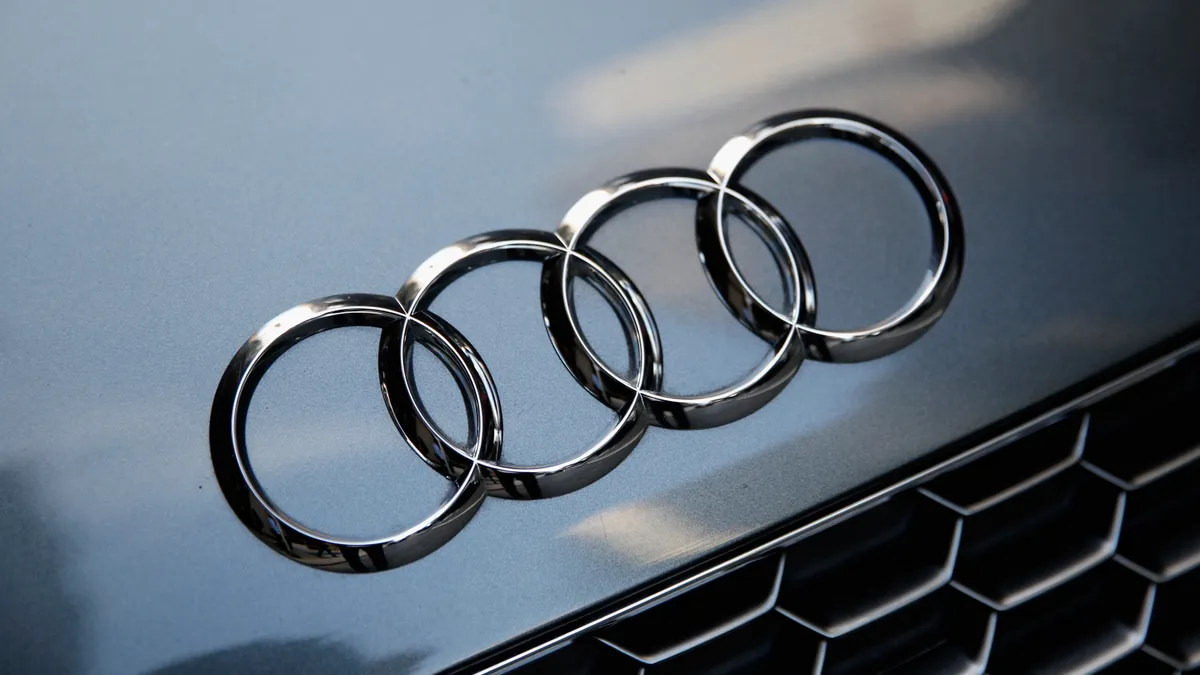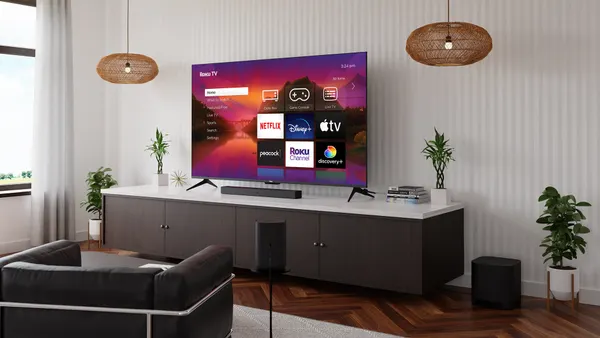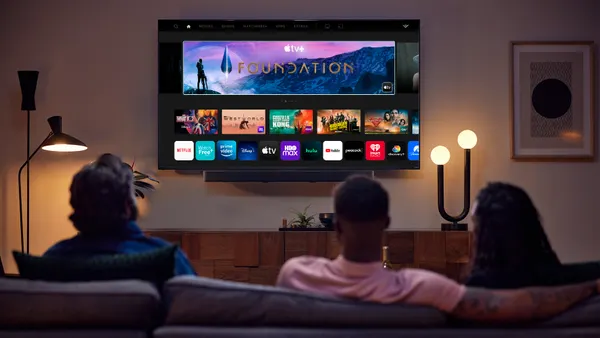Dive Brief:
- Audi Denmark said it generated a 70% conversion rate with a campaign using alternatives to third-party cookies, according to a news release shared with Marketing Dive.
- Working with Omnicom-owned agency PHD Media Denmark, the automaker tapped ad-tech firm Semasio for a solution that leverages a mix of audience and contextual targeting. The campaign narrowed in on most likely buyers while forming an "exclusion list" of least likely buyers based on media consumption habits and demographic characteristics.
- A second effort applied Audi's first-party data to uncover lookalike audiences and identify publishers and pages where converters were "greatly overrepresented." The news suggests marketers will continue to roll the dice on cookieless experiments as they search for methods to reach prospective customers online that are both effective and privacy-safe.
Dive Insight:
Audi is touting its success engaging consumers in a "largely cookie-less environment" by working with PHD Media Denmark and Semasio, an ad-tech firm that blends contextual and audience targeting. The car brand used somewhat counterintuitive methods compared to traditional digital marketing but was still able to achieve desirable results, which could offer a positive sign to other companies trying to wean themselves off of third-party cookies ahead of their deprecation.
The campaigns were run in Denmark, a region painted as adhering to a particularly strict interpretation of the EU's General Data Protection Regulation. Danish consumers also have high adoption rates of Apple's iPhone and Safari browser — the latter of which already blocks third-party cookies — making just 35% targetable at the user-level, according to Semasio.
Audi's first campaign looked at media consumption and demographic data to separate most-likely buyers from least-likely buyers. With equal spend across targeting approaches, 70% of conversions came from the audience and contextual exclusion strategies.
"This was somewhat of a surprise to us, and it shows the power of taking a different approach to targeting by specifying what you don't want instead of specifying what you want," said Frederik Meincke, PHD Media Denmark's digital innovations director, in a statement.
A second effort centered on applying Audi's first-party data to focus on likely buyers through an Audience Extension tool. First-party audiences were also projected onto different websites and pages where converters were greatly overrepresented using Semasio's Contextual Audience Extension solution. The two phases of the follow-up campaign reduced Audi's effective cost per acquisition by 59% and 81%, respectively, according to a news release.
More marketers are following Audi's tack in exploring online targeting alternatives in response to Google's plans to sunset third-party cookies in Chrome, a browser that estimates suggest controls about 60% of the market. Google last week said it would delay cookie deprecation — initially set to go into effect next year — until 2023, but players across the marketing industry are still steeling themselves for the upending of a bedrock online ad-targeting tool.














